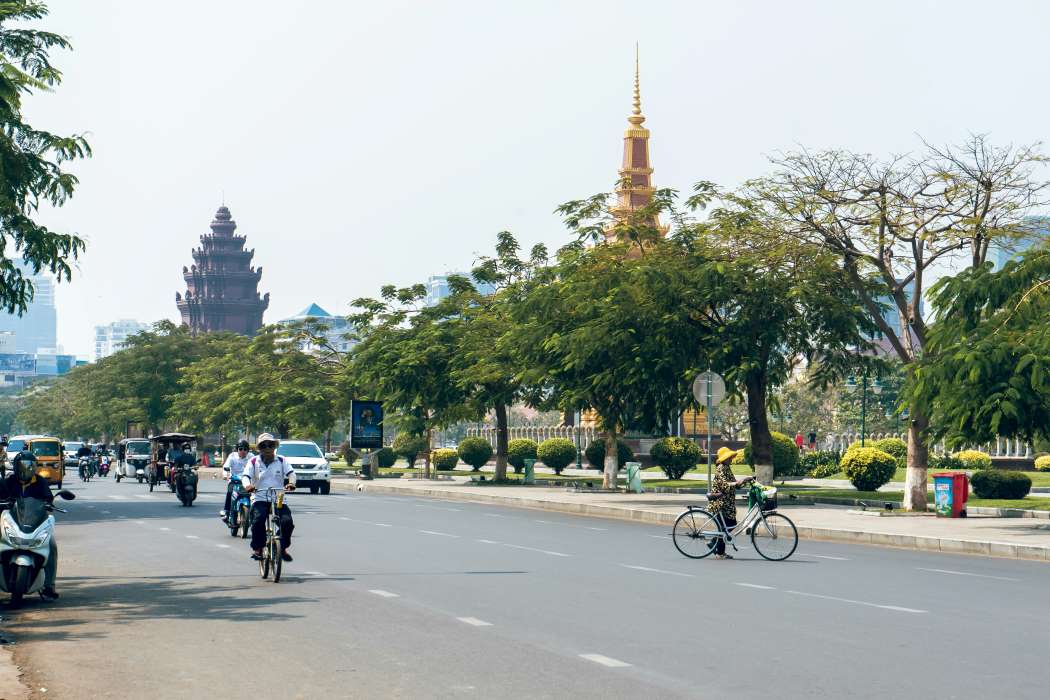Phnom Penh, Cambodia (AFP) – A carbon credit scheme in Cambodia that was put on hold after allegations of rights abuses has been reinstated after more than a year of review, a verification body said.
The Southern Cardamom REDD+ project was halted after a Human Rights Watch (HRW) report alleged forced evictions and harassment of residents living near the forest protected by the scheme.
The project of over 450,000 hectares generated carbon credits — bought by companies to offset emissions — by protecting forest it said would otherwise have been cut down.
But HRW and local villagers said rangers and officials from the Wildlife Alliance (WA) group overseeing the project had destroyed crops, dismantled homes and set fire to rice.
Locals also complained that the protected area was poorly delineated and that they had not been properly consulted about the project.
However Verra, the world’s lead certifier of carbon credits, said late Tuesday that WA had now taken “sufficient action” to address the allegations.
That included an improved human rights policy and training, better processes for consulting locals and revising a complaints mechanism.
The measures “address the alleged harm, mitigate the risk of future harm, and continually improve the Project,” Verra said, without addressing whether HRW’s allegations were substantiated.
In a statement, WA said the review had found “no non-conformities” with Verra’s standards and that the hold had forced it to operate with “dwindling reserves.”
“The Southern Cardamom REDD+ Project — and all that it has achieved — is under threat,” the NGO said.
The project is located in the Cardamom Mountains region, a lush habitat of rainforest home to dozens of threatened species.
It is also the planned location for the reintroduction of tigers, currently extinct in Cambodia.
Cambodia has one of the world’s highest rates of deforestation, and carbon credit projects have been touted as a way to compensate local communities for protecting rainforests.
However the industry has been shaken by repeated scandals, including overblown claims about avoided emissions.
Projects have also often come into conflict with local communities who find themselves cut off from land previously available for farming or religious rites.
A community representative from Chhay Areng village in the Southern Cardamom region told AFP Wednesday that “the carbon scheme remains a concern for us.”
Speaking on condition of anonymity for fear of retaliation, he said villagers were still being detained for farming on local land, blaming a lack of clear boundaries.
“We worry that our access to forests will be more restricted,” he said.
suy-sah/rsc
© Agence France-Presse
Featured image credit: Pj Go | Unsplash




